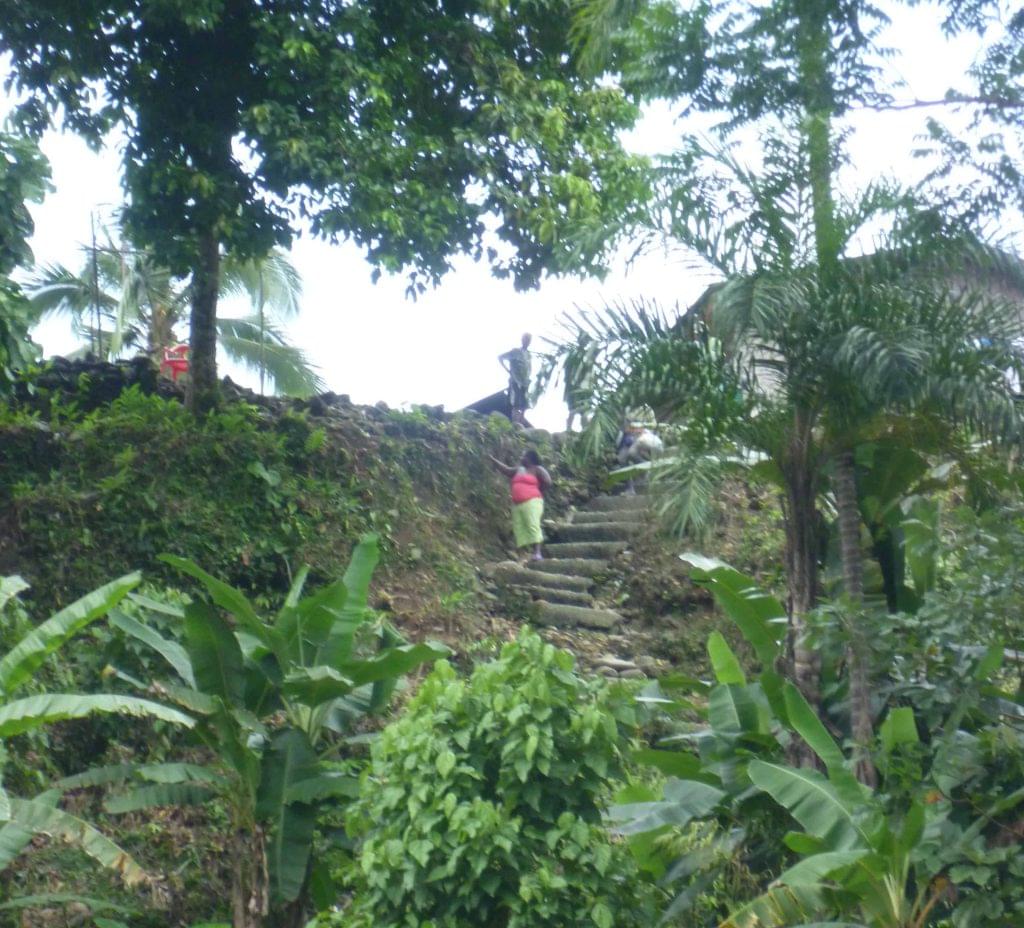Colombia is due to have elections in March 2022. This will be the first time that the 16 seats for the Special Transitory Peace Voting Districts created for victims by the Peace Accord will be in operation. They offer the possibility of linking areas that have experienced state abandonment for decades into the centre of political decision making and enabling victims to have a voice.
International monitoring by the EU Observation Mission of the Special Transitory Peace Voting Districts and targeted resources from the international community are essential if these elections are to be seen to be transparent and fair.

Special Transitory Peace Voting Districts a commitment in the Peace Accord
The Peace Accord identified 170 municipalities that were most impacted by the conflict, poverty and coca cultivation these municipalities were to receive dedicated funds for Territorial Focused Development Plans (PDETs). They are grouped into 16 regional areas with regional development funds. Each of these regional areas has been designated as a Special Transitory Peace Voting District. The Second Chapter in the Peace Accord committed to creating these 16 Special Transitory Peace Voting District. There is one seat per regional area. The seats are for victims of the conflict with no previous affiliation to a political party. Citizens from these districts will have to be registered to vote in the normal way. One candidate will be elected from each of these districts to represent the district in Congress, in the House of Representatives.
These Special Transitory Peace Districts are important for the political participation of victims from areas that have experienced state abandonment for decades. Offering the possibility of linking these areas into the centre of political decision making and enabling victims to have a voice. This is long overdue.
The initial legislation for these seats was created in 2017 with the idea that the seats would be available in the 2018 elections. The legislation was passed by the House of Representatives but encountered a range of problems in the Senate as traditional political parties were resisting the creation of these seats, parties like the Centro Democratico (Democratic Center) opposed the initiative arguing that the seats would end up adding to the 10 seats of the former guerrillas (FARC- their political party is called Comunes) in Congress. After a long struggle the legislation was finally passed last year (Acto Legislativo 02 del 25 de Agosto de 2021) following the hard work and struggle of NGOs and victims movements.
Levels of polarisation in the country have grown in the last four years. The creation of the Special Transitory Peace Voting Districts will enable access to decision making arenas for victims from some of the most violent areas of the country, and provide a means of reducing polarisation, essential for the sustainability of the peace and the reconciliation process. These seats in the House of Representatives will last for two four-year terms of office (2022-2026 and then 2026 until 2030).
Nevertheless these are areas that continue to experience considerable violence and traditionally violence has increased around elections . It is vital that the elections in these 16 Special Transitory Peace Districts are seen to be conducted in good faith and they are areas that will require International observation and monitoring by bodies like the EU Observation Mission. But will the EU Observation Mission send their international monitors into areas that they consider unsafe?
These are areas that have not previously had to set up and manage all of the logistics for voting.It is therefore essential that the international community support these areas with targeted resources.
If voters consider they elections have been implemented transparently and in compliance with the regulations it will give people confidence in the electoral process as a whole and help to build trust in the democratic process. As well as, promoting and protecting civil and political rights, and reducing violence and fraud.
